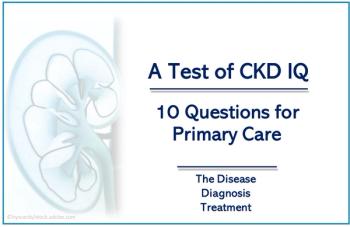
CKD IQ Test Preview: When should you suspect kidney disease? What measure is used to define chronic kidney disease? What UACR test result indicates albuminuria? Good luck.

ADA 2021: Renoprotection with Finerenone Consistent Regardless of SGLT2 Inhibitor Use
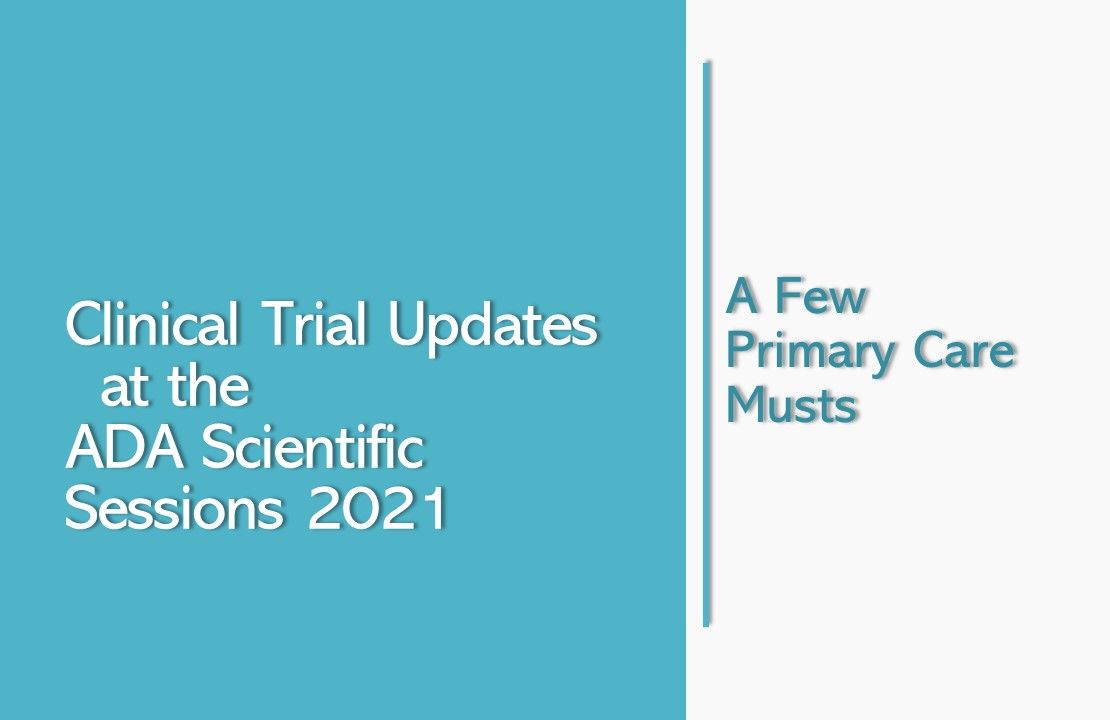
Clinical Trial Updates at the ADA Scientific Sessions 2021: A few primary care musts

CKD IQ Test Preview: When should you suspect kidney disease? What measure is used to define chronic kidney disease? What UACR test result indicates albuminuria? Good luck.

Mikhail Kosiborod, MD, a lead investigator for clinical trials of SGLT2 inhibitors, traces the class history from antidiabetic agents to guideline-recommended multidisease treatments.

Most patients with chronic kidney disease are treated in primary care where the primary goal is twofold: slow progression and prevent complications. Find essentials of both, here.

ACC.2021: A new analysis of FIDELIO-DKD found patients with chronic kidney disease and type 2 diabetes were about 30% less likely to develop atrial fibrillation vs those treated with placebo.

Early detection of chronic kidney disease in primary care provides a significant opportunity to avoid complications and slow the loss of renal function. Topline guidance, here.

Primary care clinicians have an essential role in the diagnosis and treatment of chronic kidney disease. Click through a review of the basics.
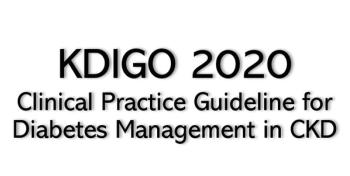
The 2020 Kidney Disease: Improving Global Outcomes Clinical Practice Guideline integrates new treatments and practices with existing management strategies for CKD patients with diabetes.

Dapagliflozin is the first SGLT-2 inhibitor to receive FDA approval for the treatment of CKD, regardless of diabetes status.
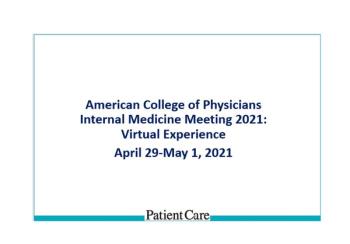
ACP: Clyde W Yancy, MD, gave a comprehensive update on a year's worth of pivotal science in treatment of heart failure. Here are the highlights.

Video: George Bakris, MD says over the next 3 years there is going to be an "explosion" in the number of studies we see in heart failure, diabetic kidney disease, and CV risk in general.

The most popular features in preventive cardiology this year were interviews with thought leaders on management of diabetes, hypertension, and hypercholesterolemia.

Patients with chronic kidney disease have had no treatment options to slow the certain progression to renal failure. Enter SGLT2 inhibitors. A key clinical trial investigator explains.

Primary care clinicians should be the first to prescribe SGLT2 inhibitors for many reasons, as explained by Prof Jonathan McMurray in this Patient Care interview.

DAPA-CKD investigator Professor John McMurray details the trial and renal and cardiovascular outcomes for Patient Care Online.

AHA: DAPD-CKD investigator Prof John McMurray talks to Patient Care about the “revolutionary” findings he will highlight at the AHA sessions on opening day.

Finerenone, a non-steroidal, selective MRA, has distinct advantages over current treatments for diabetic kidney disease. Dr Bakris details these and the FIDELIO results.

Waist circumference measures, complementary antihypertensives, appropriate exercise levels for T2D patients--test what you know about cardiometabolic risk and management.
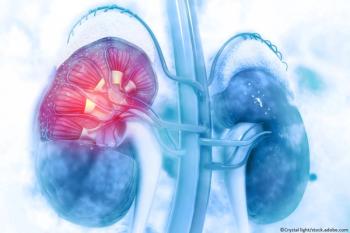
Dapagliflozin is renoprotective and cardioprotective in chronic kidney disease patients, suggests a secondary analysis of the DAPA-CKD trial presented at Kidney Week 2020.

The investigational mineralocorticoid receptor antagonist slowed progression to renal failure by 18% and reduced the composite cardiovascular outcome by 14%, authors report.

FDA Fast Track designation is to investigate whether the diabetes medication can also reduce kidney disease progression.
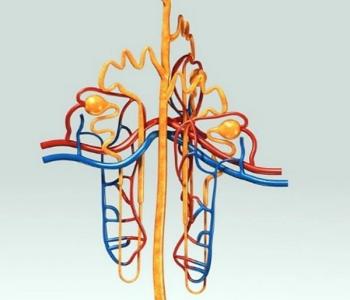
Cardiovascular diseases, particularly heart failure, were found significantly and independently associated with end-stage renal disease in a new analysis.
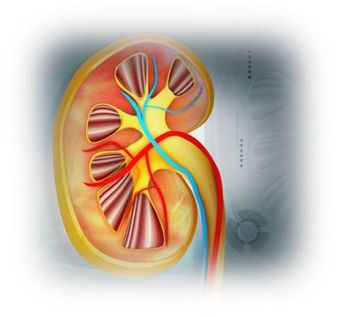
When CKD 4-5 progresses to ESRD, how should hypertension management be changed? Or, should it?

New risk prediction models may help identify patients with and without diabetes at elevated risk for chronic kidney disease, say authors of a recent study.
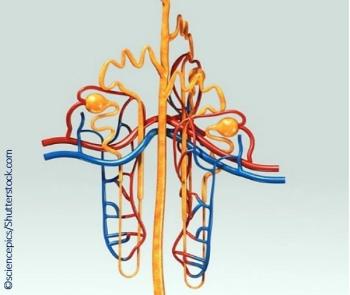
Transitioning from urgent, unplanned inpatient dialysis to home hemodialysis was linked to higher risk of mortality in a new registry analysis.
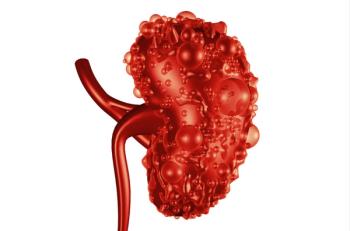
A new prospective analysis of ADPKD guidelines from Canada and Europe resulted in cohorts enriched with high-risk patients in excess of 80%.